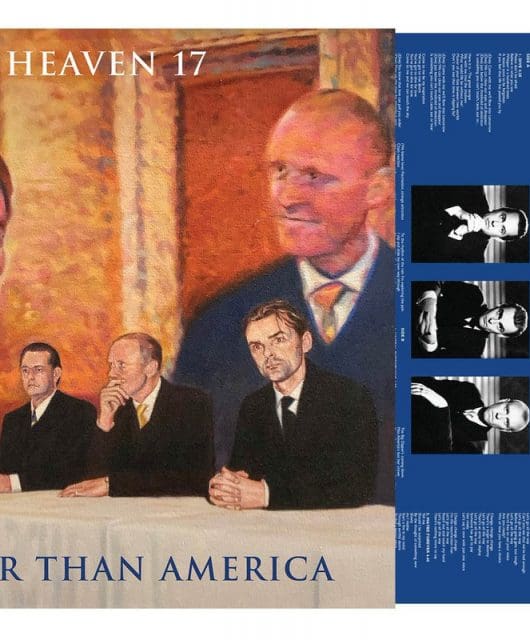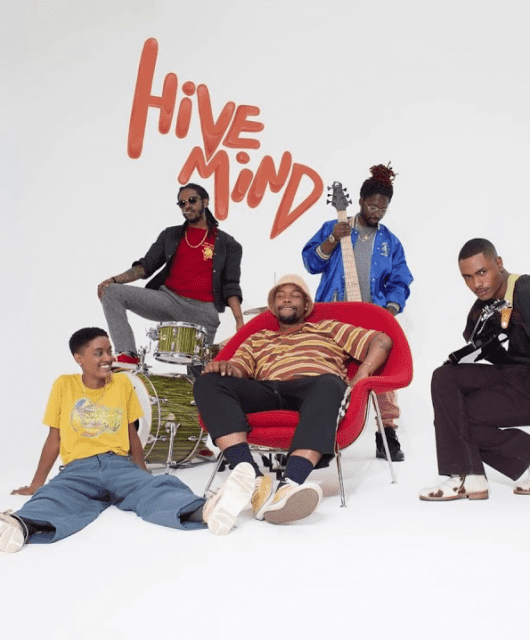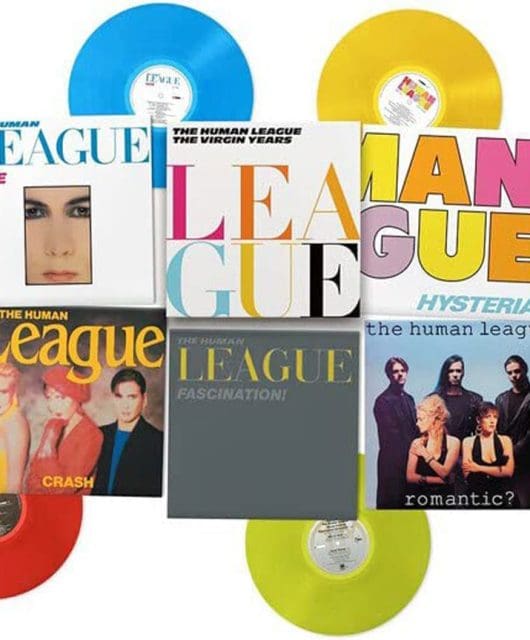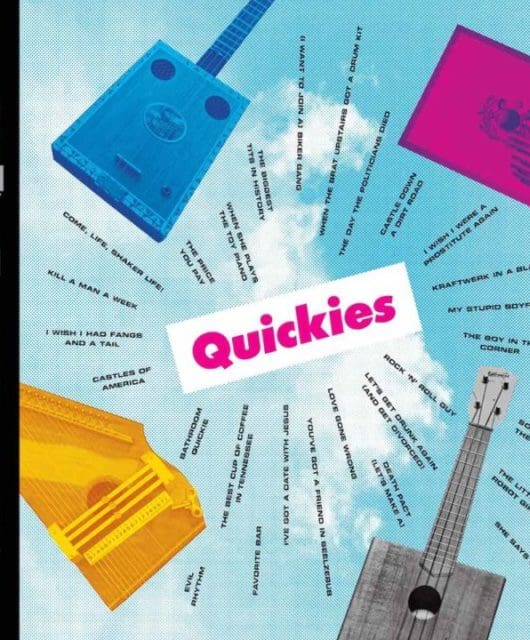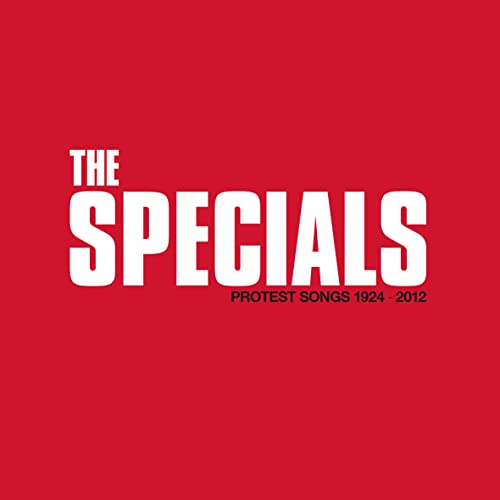Depeche Mode – Spirit Review
By Classic Pop | April 20, 2017
Anger is an energy! An electrified, empowered Depeche Mode deliver a sermon packed with indignation at the state of the world today…
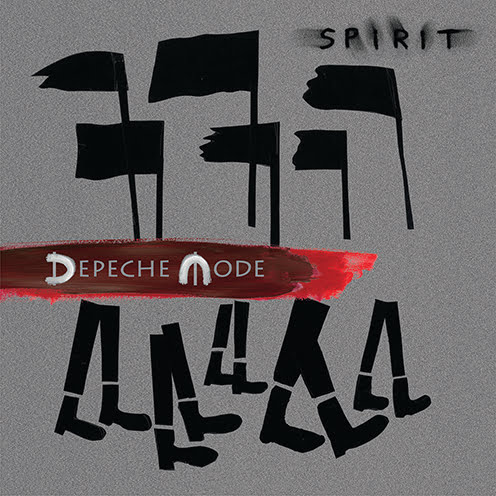
[Columbia Records]
Wherever you stand in the post-Brexit, post-Trump (possibly literally by the time you read this), post-facts era, one thing’s certain: the world hasn’t felt this messed up in decades. But while streets fill with protesters, the airwaves are strangely empty of dissenting voices. Sure, artists are speaking out, but few are putting their voice on record. Depeche Mode, however, are livid, and on their 14th album they make no secret of it. Full of rage and bile, its mood as dark as its lyrics, Spirit is as focussed and incensed as anything they’ve ever done.
A wrathful Gahan
This was clear from its first single, the rousing Where’s The Revolution. Coolly pitched at a gentle pace, its bubbling synths nonetheless do little to hide Dave Gahan’s anger. “Who’s making your decisions?” he spits as the first verse closes. “You or your religion? Your government? Your countries? You patriotic junkies…” A colossal chorus then kicks in as he poses a question many have been asking: “Where’s the revolution? Come on people!/ You’re letting me down”. Admittedly this raises the awkward issue of whether a multi-millionaire has the right to lecture people he acknowledges have been “kept down” and “pushed around”, but Gahan’s commitment to his wrath is unquestionable, and it’s evident throughout this empathetic, combative, but carefully measured collection.
Indeed, it’s conspicuous, and right from the start. Against menacing piano chords and, later, a siren-like riff, Backwards finds Gahan reasoning “We’re going backwards armed with new technology/ Going backwards to a caveman mentality”. Worst Crime sees him more sparsely accompanied, beating Nick Cave at his own game as he directs us: “There’s a lynching in the square/ You will have to join us”. Then he turns the tables, jabbing his finger at us to reveal the real culprits: “Step up to the gallows/ And act out your penance/ For acting so shallow”. Scum is even more accusatory, a bass drum pounding away as Gahan demands “Hey, scum! What have you ever done for anyone?”, before goading his targets to “Pull the trigger!”
Even in Spirit’s mid-section, when attention shifts to relatively apolitical matters, things rarely relent. Move is characterised by an industrial, malevolent rumble, while a swelling tension matches the appealingly fluid Cover Me’s growing despair. On the brief Eternal, Gahan faces down an apocalyptic, symphonic climax; Poison Heart’s mood is undermined by metallic creaks and groans; and though So Much Love picks up the pace, Gahan’s assurance that “There is so much love in me” seems tragically far-fetched.
Oh, we’re f***ed
Soon, though, as the album approaches its zenith, tempers begin to flare once again. Despite Poorman starting out like a crowd-pleasing return to Depeche Mode’s expansive, anthemic strengths, its ire – accompanied by growling guitars and an increasingly crushing, militant backing – follows an ever more indignant path from descriptions of begging vagrants to the root cause of their penury: “Corporations get the breaks/ Keeping almost everything they make/ Tell us how long it’s going to take/ For it to trickle down…” To find a pop star addressing supply-side economics is notable enough, but, more admirably, the song’s tension is never resolved, not even by the comparatively conventional follower No More.
Affairs culminate in an apparently even bleaker state, with Martin Gore’s restrained, high-pitched delivery. “People,” he pleads, “Do we call this trying? We’re hopeless!/ Forget the denying!/ Our souls are corrupt/ Our consciences bankrupt”. Then, in no uncertain terms, he concludes, mournfully, “Oh, we’re f***ed…”
Cautiously optimistic
But, though this may sound like a concession to defeat rather than a victorious climax, there’s something about the song’s closing 30 seconds that contradicts this. All sparkles and glimmers – somehow reminiscent of the moment in Blade Runner when Rutger Hauer’s Roy Batty conjures up images of “attack ships on fire off the shoulder of Orion” – it packs the band off on a cautiously optimistic note.
Credit is, of course, due to James Ford for his role in making this one of the most devastatingly forceful productions of recent years: the Mode have arguably never sounded grittier – nor more vicious, nor vital – than here.
Still, when one thinks about it, this is what Depeche Mode have always been aiming for: a subject to perfectly suit their glistening, ominous, futuristic creations. That they emerged from UKIP stronghold Essex may be no coincidence: Spirit addresses some grand themes, but it appears to have emerged from genuine, heartfelt concern at both the state of the world and, more specifically, their country. They may begin by announcing that “We feel nothing inside”, and end with the words “We’ve failed”, but, whatever’s happening elsewhere, this cannot be said of the band.
No question, Depeche Mode have succeeded. They sense what’s happening, they’ve articulated it gloriously, and Spirit is a crucial statement, both musically and politically. The fact that they’re one of the first acts to truly encapsulate this mood is the only disappointment. Wyndham Wallace


